India’s food and grocery startups have slick user interfaces that can compete with the best in the world, but what goes oh behind these pretty apps might be a different story altogether.
The Maharashtra Food and Drug Administration (FDA) has suspended the food business license of Zepto’s Dharavi facility, citing serious violations of food safety and hygiene norms. The action follows a surprise inspection on May 31 by food safety officers, which revealed multiple breaches of the Food Safety and Standards Act, 2006.
According to the FDA’s report, inspectors found several food items with visible fungal growth, while others were stored in proximity to stagnant, clogged water, which raised the risk of pest infestation. Cold storage units were not maintaining the prescribed temperatures, and the facility’s floors were wet, dirty, and littered with food products stored directly on the ground. Expired items were also found mixed with fresh inventory, violating basic protocols of segregation and shelf-life management.
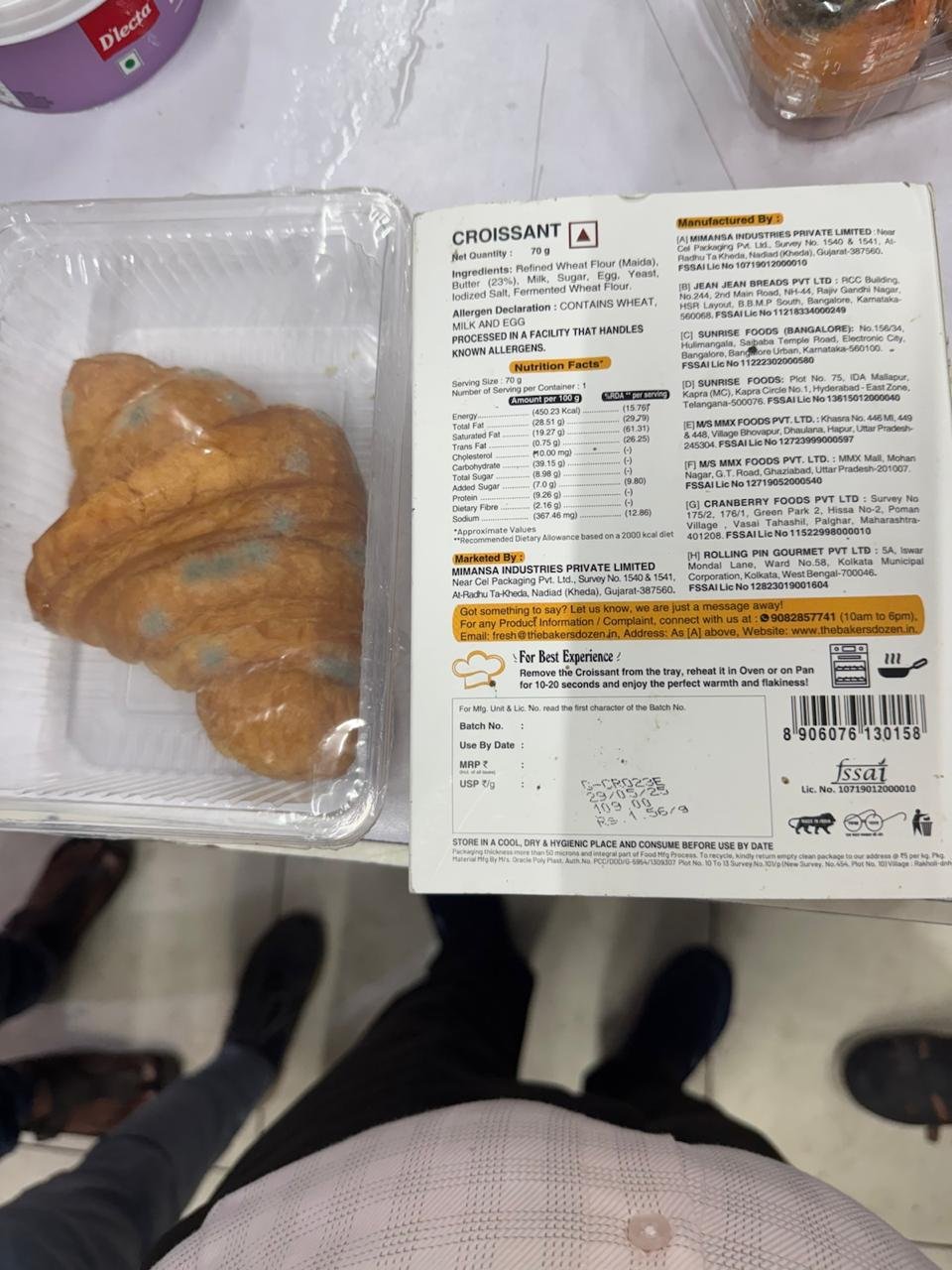
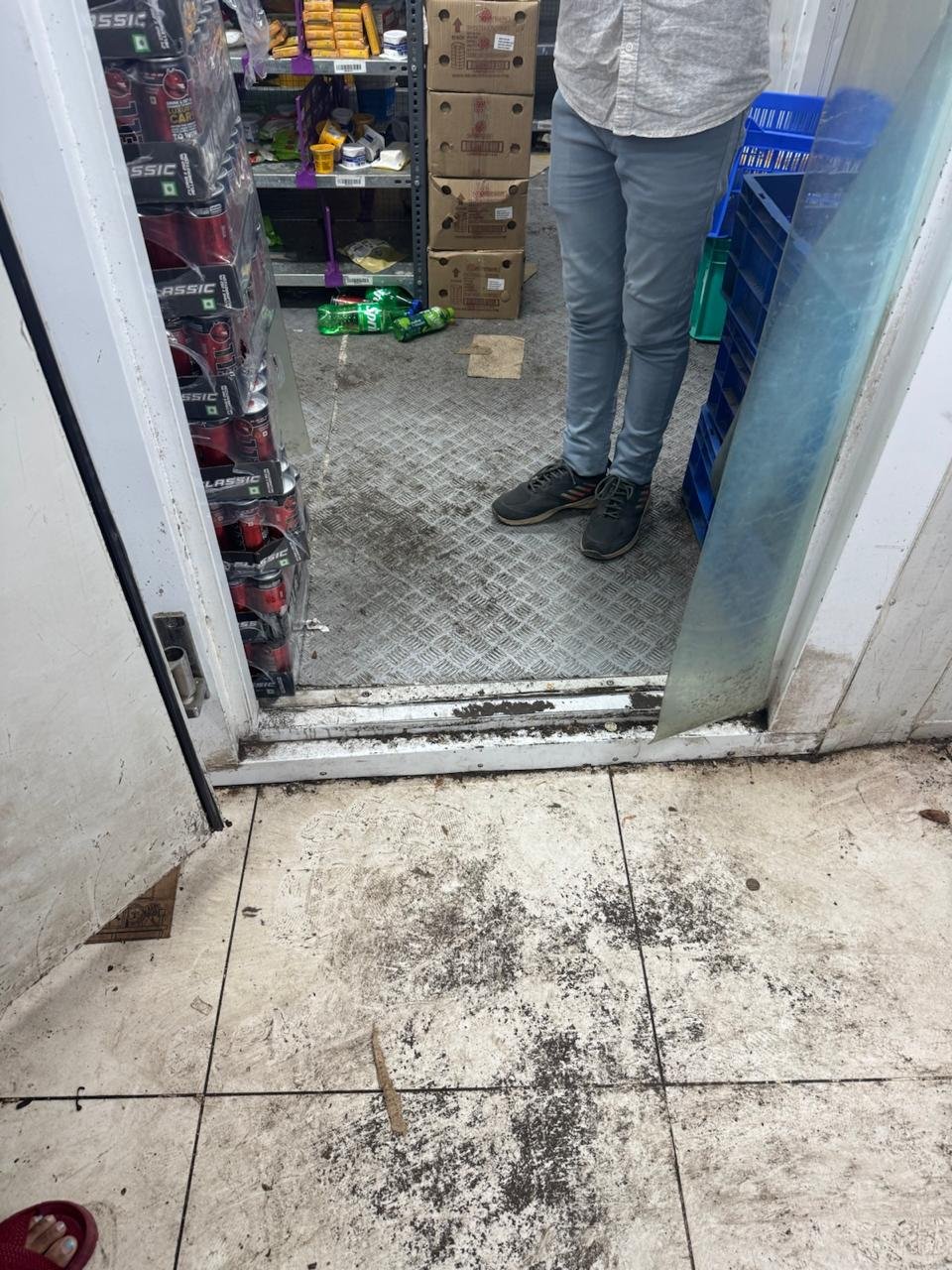
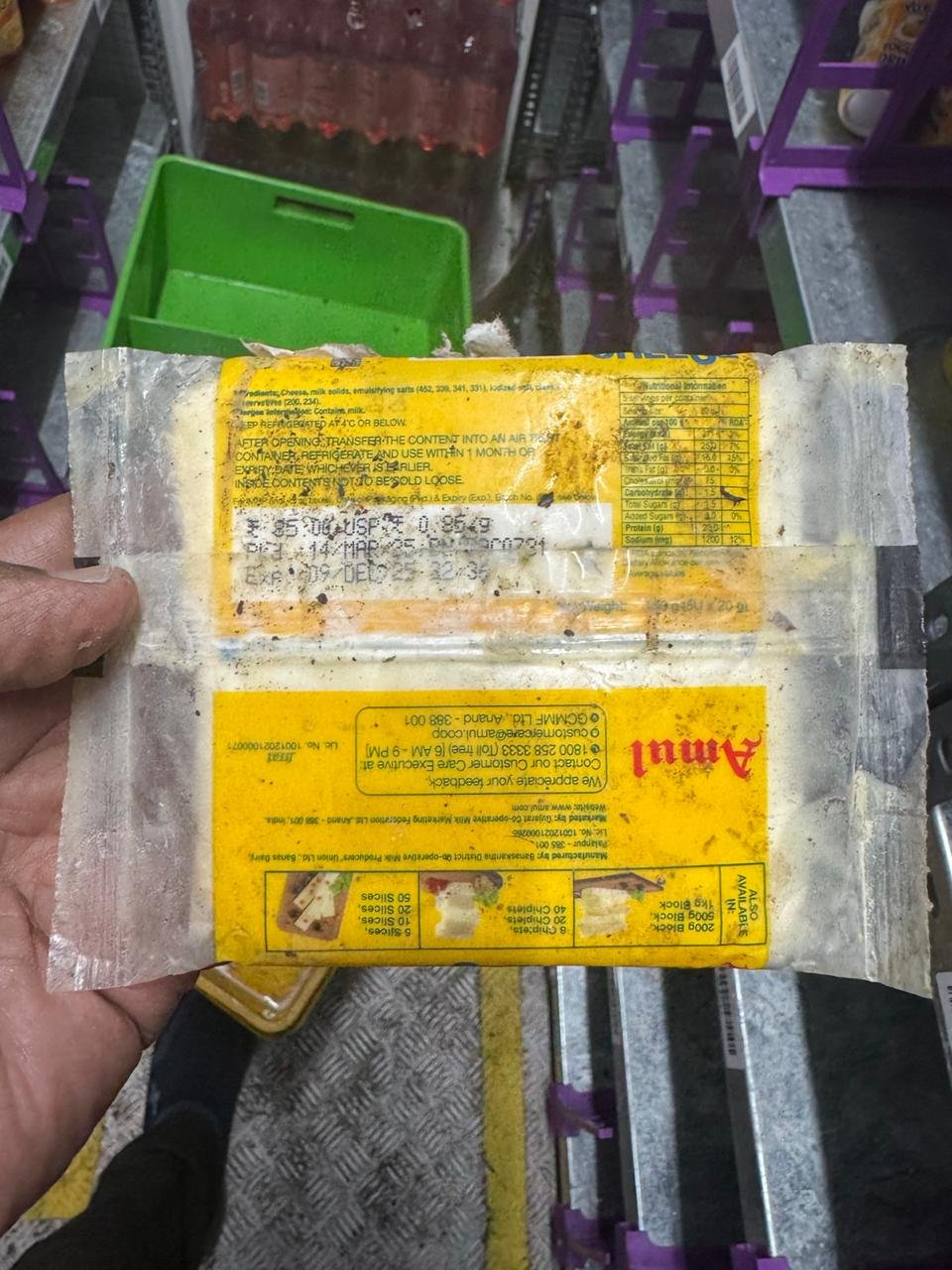
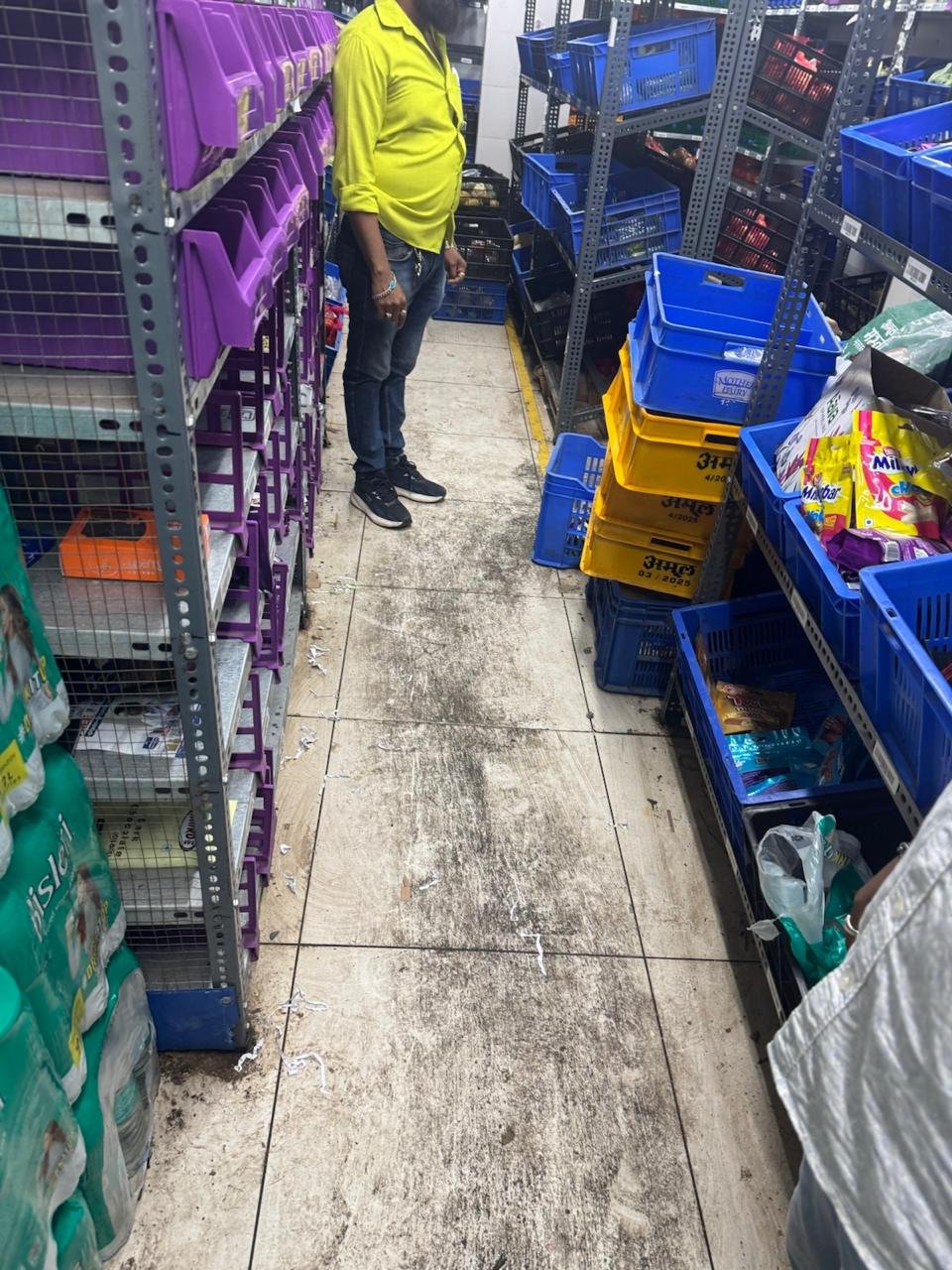
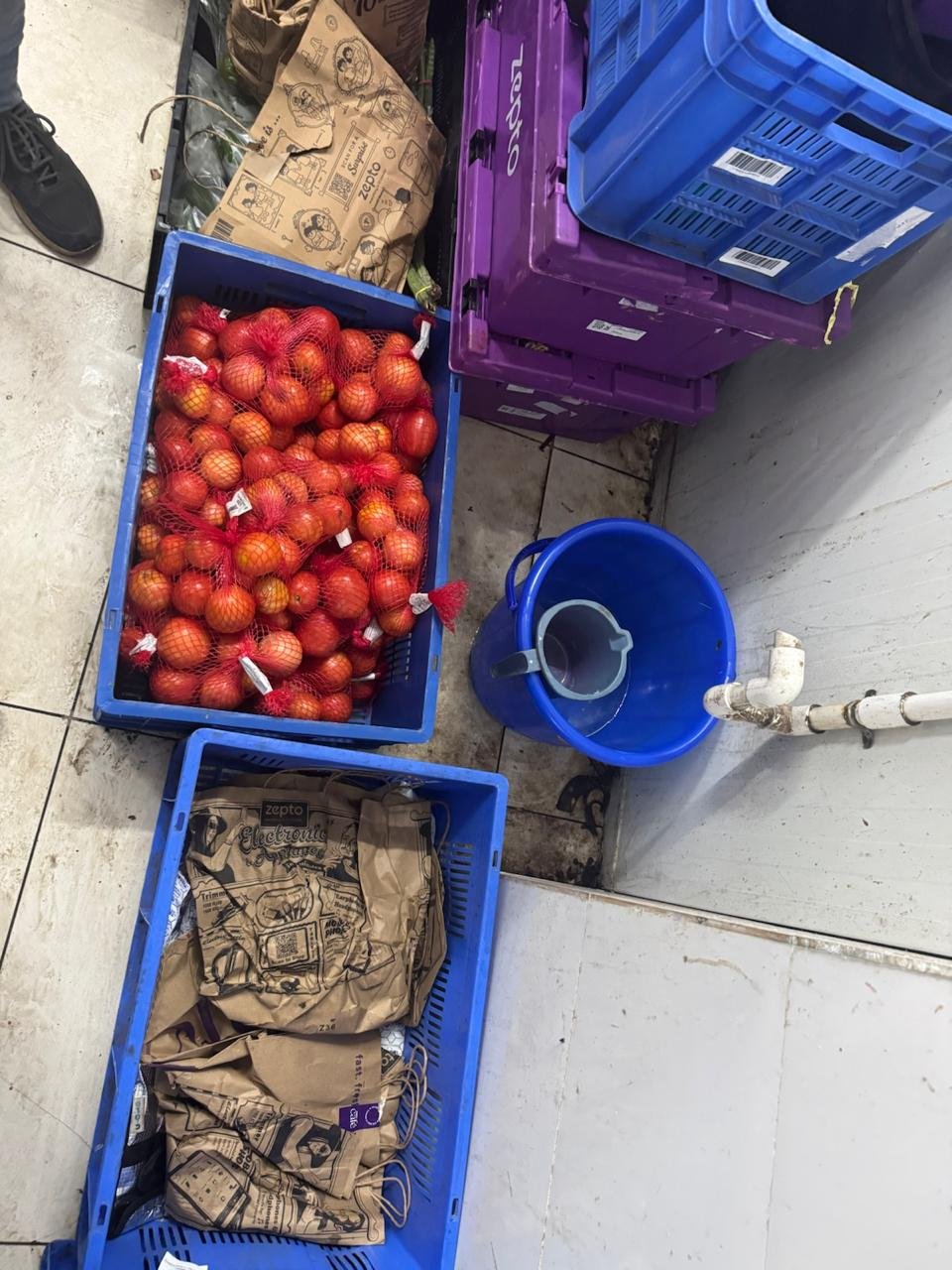
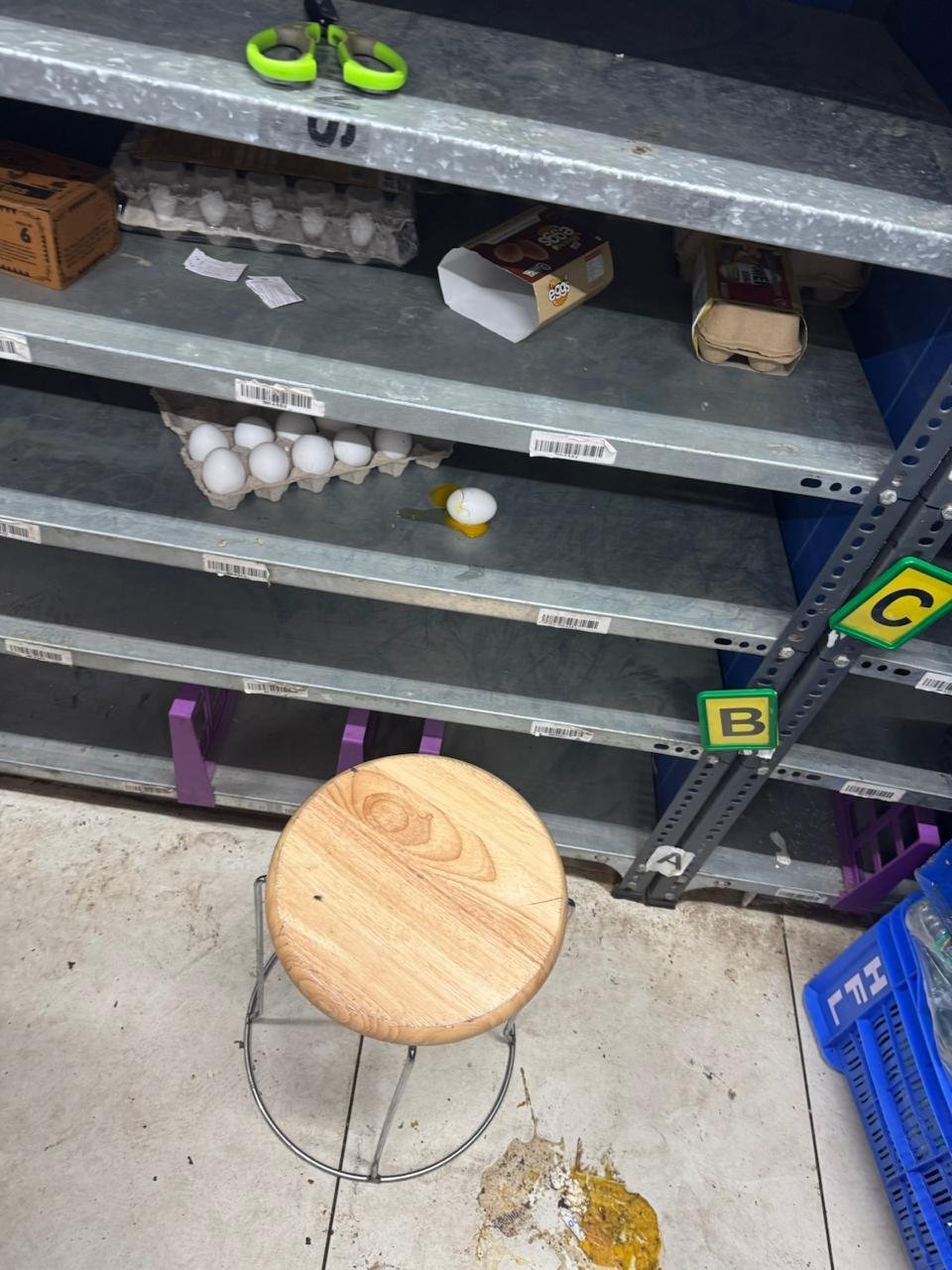
“These findings point to gross non-compliance with the conditions of the food business license and present a clear risk to public health,” the FDA said in a statement.
In response, a Zepto spokesperson said, “At Zepto, food safety and hygiene are non-negotiable. We have initiated an internal review and are actively cooperating with the authorities to ensure swift rectification. We are committed to resuming operations in full compliance with the law.”
This isn’t the first time that food delivery apps have had their storehouses sanctioned for violations of food safety norms. Last year, a raid on a Zomato Hyperpure warehouse in Telangana had found food items with “future” packaging dates, which indicated that items could’ve had fake packaging dates to make them appear fresher than they were. The officials had also observed house flies inside the warehouse, and noted that the premises were “open directly to the outside environment without a proper insect-proof screen”. With physical stores, it is often possible to get a sense of the hygiene by looking at the storefront itself, and customers can make a choice of where to buy their food. But with dark stores being hidden behind apps, it becomes even more important for government authorities to scrutinize the hygiene conditions at the warehouses of food and grocery delivery startups.